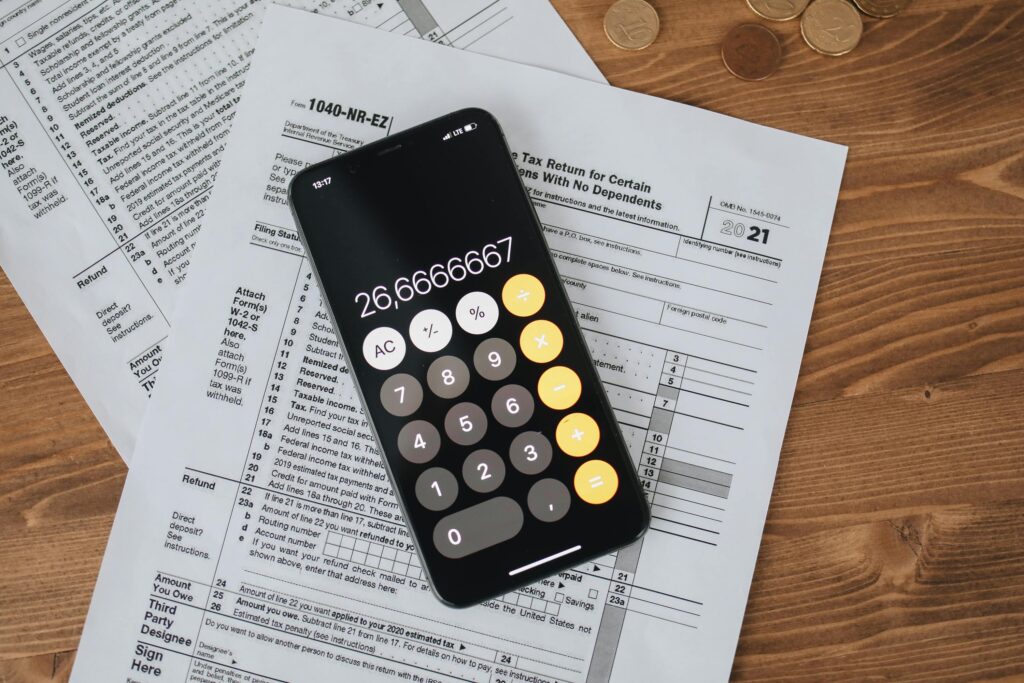Look, I get it. You’re tired of watching your paycheck vanish faster than free pizza at a college dorm. Trust me, I’ve been there—checking my bank balance and wondering if I accidentally donated to charity in my sleep. But here’s the thing: living cheap doesn’t mean living poorly. It’s about being smart with your cash so you can actually enjoy life without that constant financial anxiety gnawing at you.
I’ve spent years perfecting the art of stretching dollars, and I’m about to share my battle-tested strategies with you. No fluff, no “just stop buying coffee” lectures (seriously, who are these people?). Just real, practical tips that actually work.
Start With Your Biggest Expenses
Housing: Your Money-Sucking Monster

Let’s talk about the elephant in the room—your rent or mortgage. This beast probably eats up 30-40% of your income, right? Here’s what I learned the hard way: location flexibility is your secret weapon.
I once moved just 15 minutes further from downtown and saved $400 monthly. That’s $4,800 annually for what amounts to an extra few minutes of commute. Do the math—is that trendy zip code really worth it?
Consider these housing hacks:
- House-sit for people (free housing + you help someone out)
- Get roommates (split costs, make friends, win-win)
- Look into house-hacking opportunities
- Negotiate your rent renewal instead of just accepting increases
Transportation: Stop Feeding the Gas Guzzler
Ever calculated what your car actually costs you? Spoiler alert: it’s probably terrifying. Between payments, insurance, gas, and maintenance, you’re looking at serious money.
I ditched my car for two years and used public transport, biking, and occasional rideshares. Saved over $8,000 annually. Now, I’m not saying everyone should go car-free, but think creatively:
- Walk or bike when possible (bonus: free exercise!)
- Use public transportation strategically
- Carpool with coworkers
- Consider car-sharing services for occasional needs
Master Your Food Game
Grocery Shopping Like a Pro

Here’s where most people mess up—they shop without a plan and wonder why their grocery bill looks like they’re feeding a small army. I used to be that person wandering aisles, grabbing whatever looked good. Recipe for financial disaster.
My grocery strategy:
- Plan meals around sales (not the other way around)
- Shop with a list (and stick to it, no matter how tempting those cookies look)
- Buy generic brands for basics
- Shop the perimeter first (fresh stuff), then venture into the center aisles
Want to know a secret? I spend about $60 weekly feeding myself well, and I’m not surviving on ramen. It’s all about planning and being strategic.
Cooking: Your New Superpower
Look, I used to think cooking was this mysterious art form. Turns out, it’s just following directions—like IKEA furniture but tastier. Learning to cook decent meals transformed my finances.
Quick wins for cooking newbies:
- Master 5-7 simple, versatile recipes
- Batch cook on weekends
- Use your freezer strategically
- Learn to love leftovers (they’re tomorrow’s lunch problem solved)
Embrace Free Entertainment
Rediscover What Actually Makes You Happy

Plot twist: most fun activities don’t require spending money. I know, revolutionary concept in our consumer-driven world 🙂 But seriously, some of my best memories involve zero-dollar activities.
Free entertainment goldmine:
- Local libraries (books, movies, events, WiFi)
- Parks and hiking trails
- Free community events and festivals
- Museums on free days
- Beach or lake days
- Game nights with friends
Create Your Own Entertainment Budget
Instead of mindless spending, allocate a specific amount monthly for fun stuff. I use the envelope method—when it’s gone, it’s gone. Forces you to be intentional about what actually brings joy.
Become a Strategic Spender

The 24-Hour Rule
Impulse purchases are budget killers. I implemented a simple rule: wait 24 hours before buying anything non-essential. You’d be amazed how often that “must-have” item becomes completely forgettable the next day.
For bigger purchases, extend this to a week or month. Your future self will thank you.
Quality Over Quantity Mindset
Here’s something counterintuitive: sometimes spending more upfront saves money long-term. I learned this lesson with cheap shoes that fell apart in three months versus quality ones lasting years.
Apply this principle to:
- Clothing basics (invest in versatile, durable pieces)
- Kitchen tools (good knives, cookware)
- Electronics (research reliability before buying)
Automate Your Savings
Pay Yourself First
This might sound cliché, but treating savings like a non-negotiable bill changed everything for me. Set up automatic transfers to savings right after payday. You can’t spend what you don’t see.
Start small if needed—even $25 weekly adds up to $1,300 annually. That’s a nice emergency fund foundation right there.
Use Technology to Your Advantage
FYI, there are apps that can help automate smart spending habits:
- Round-up savings apps
- Budgeting tools that track spending patterns
- Price comparison tools for major purchases
- Cashback apps for groceries and gas
Energy and Utilities: Small Changes, Big Impact
Become an Energy Efficiency Ninja
Your utility bills offer surprising opportunities for savings. I reduced my electric bill by 30% with simple changes that cost nothing upfront.
Energy-saving wins:
- Adjust thermostat by 2-3 degrees
- Use LED bulbs everywhere
- Unplug electronics when not in use
- Take shorter showers
- Air-dry clothes when possible
Negotiate Your Bills

Here’s something most people never try: calling service providers to negotiate better rates. Seriously, the worst they can say is no, but you’d be surprised how often they’ll work with you.
I’ve successfully negotiated lower rates for:
- Internet service
- Cell phone plans
- Insurance premiums
- Streaming subscriptions
Build Money-Saving Habits
The Power of Delayed Gratification
Training yourself to wait builds financial muscle. I started small—waiting until items went on sale, comparing prices before purchasing, choosing experiences over things.
This mindset shift naturally leads to better financial decisions across the board.
Track Everything (But Don’t Obsess)
You need to know where your money goes, but don’t turn this into a part-time job. I check spending weekly, not daily. Just enough awareness to catch problems early and celebrate wins.
Final Thoughts
Living cheap isn’t about depriving yourself—it’s about being intentional with your money so you can spend on what truly matters to you. Maybe that’s travel, maybe it’s building an emergency fund, or maybe it’s just not stressing about bills every month.
The strategies I’ve shared work because they’re sustainable. You don’t need to become a extreme minimalist or give up everything you enjoy. You just need to be smarter about your choices.
Start with one or two tips that resonate with you. Master those, then add more. Before you know it, you’ll have extra money in your account and wonder why you didn’t start sooner IMO 🙂
Remember: every dollar you save is a dollar you get to keep. And honestly? That feels pretty amazing.